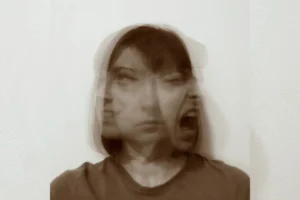
The Centre on Thursday informed the Supreme Court that it is finalising a new regulatory framework to curb explicit and harmful content on social media platforms.
The Union Ministry of Information and Broadcasting is drafting the guidelines and has entered the final stage of the process.
The government sought four more weeks to complete the framework. It said it would soon release the draft in the public domain to seek inputs from citizens, experts, and stakeholders.
A Bench led by Chief Justice of India Surya Kant and Justice Joymalya Bagchi took note of the update.
The Bench was hearing petitions filed by YouTubers Ranveer Allahbadia, Ashish Chanchlani, and others.
The petitioners face multiple FIRs over allegedly obscene remarks made during the show ‘India’s Got Latent’.
The Supreme Court noted that the current legal provisions may need amendments to ensure real checks on online content.
Solicitor General Tushar Mehta told the court that unregulated speech online remains a major concern. He said anyone can create a YouTube channel and post objectionable material without facing accountability. General Tushar stressed that this situation cannot continue.
The court asked the Centre to assess the possibility of forming an autonomous regulatory body for online content. It warned that unchecked content could lead to serious consequences.
The Bench pointed out that online platforms push intrusive material to users without consent. It asked what remedy exists when users face such unwanted exposure.
The Supreme Court also raised strong objections to insensitive portrayals of disabled persons online. It urged the government to explore a strict penal law similar to the SC/ST (Prevention of Atrocities) Act.
The court said that the mockery of disability must attract serious punishment.
These observations follow earlier hearings on offensive jokes made by several stand-up comedians.
In August, the court had directed Samay Raina and four others to issue public apologies for comments about an infant with spinal muscular atrophy who needed a Rs 16 crore injection.
While hearing the petition by Cure SMA Foundation of India, the court noted that Article 19’s free speech protections cannot override the dignity guaranteed under Article 21.
It indicated that clear guidelines are essential to curb obscene or harmful online content.
Also Read: Supreme Court Flags Limits In Offering Instant Relief As Delhi–NCR Pollution Worsens
To read more such news, download Bharat Express news apps


















